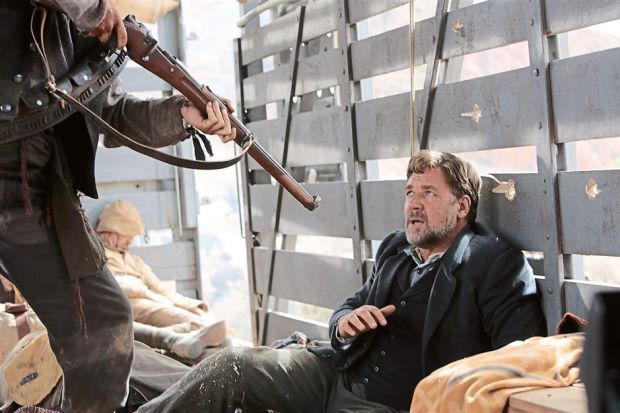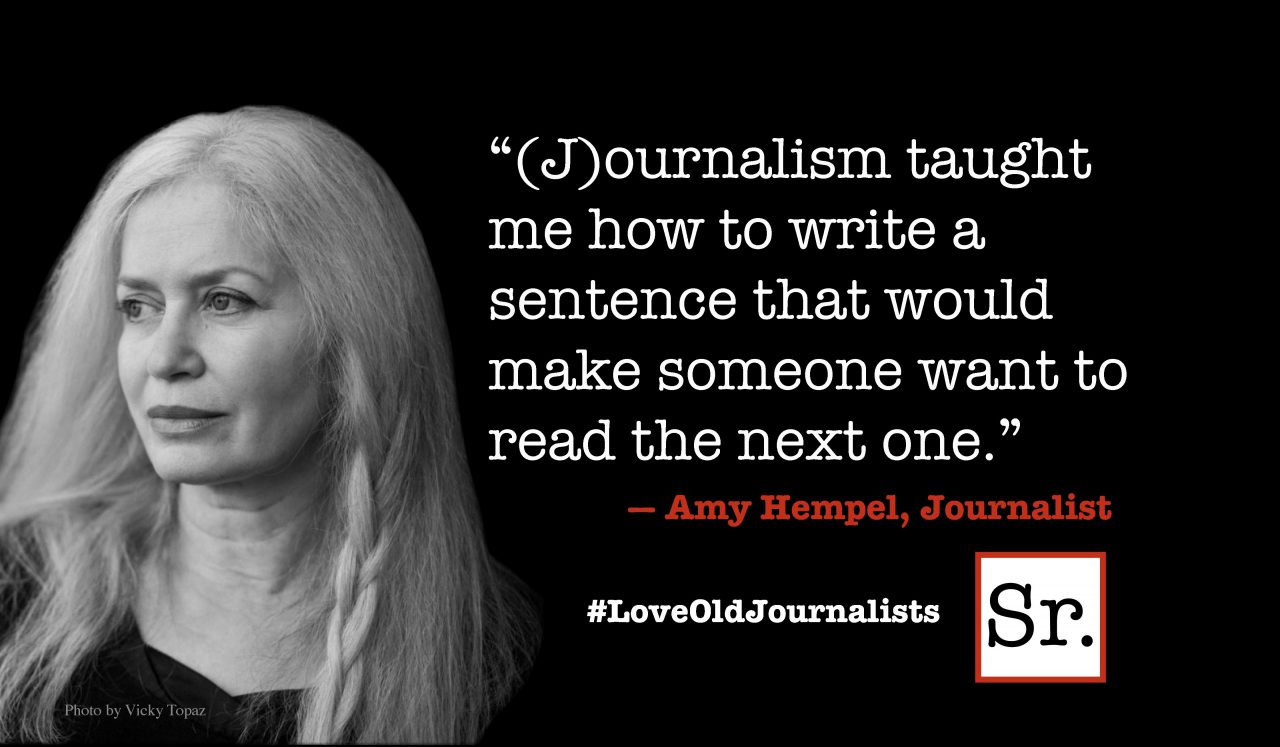Russell Crowe’s acting is marked by fierce physicality and an equally intense intelligence.
The Australian icon once again embraces those qualities in his feature directing debut, “The Water Diviner.” But the results are at best desultory. Maybe Crowe bit off more than he could chew in tackling this convoluted World War I yarn with epic ambitions.
He certainly should have been more discerning when it came to the muddled screenplay by Andrew Knight and Andrew Anastasios, which throws together big themes, cheesy romance and an approach heavy on flashbacks.
The film begins with the 1915 attack on the Gallipoli Peninsula, in Turkey, by British and Australian forces. After months of savage fighting and thousands of casualties, the invaders are repelled and retreat across the sea.
Cut to Australia several years later, where farmer Joshua Connor (Crowe) battles drought by using dowsing rods to detect underground water. He appears to have a real talent — possible psychic — for knowing where to dig.
Joshua and his emotionally devastated wife (Jacqueline McKenzie) lost their three sons in one day of fighting on Gallipoli. With the death of his spouse, Joshua decides to honor her last wish — that her boys’ bodies be recovered and buried beside her. It’s a tall order. It means traveling to Turkey, navigating (or defying) the red tape of the British occupation, getting to the battlefield (from which civilians are banned because of the live ordinance still littering the landscape) and somehow finding three skeletons among the thousands buried in mass graves.
If you think Joshua’s dowsing abilities will come in handy, you’re right. But there’s a lot more to this overly busy yarn.
While in Istanbul, Joshua takes lodging at a hotel run by Ayshe (Olga Kurylenko, beautiful but impossibly lightweight), a war widow with a cute son (Dylan Georgiades). The boy takes immediately to their Australian guest, although his mama bears a grudge against Turkey’s former enemies. Ayshe is being pushed into a remarriage to her domineering brother-in-law, who already has one wife. What decent-thinking Aussie bloke could let that stand?
Meanwhile on the Gallipoli battlefield, Joshua encounters Major Hassan (the excellent Yilmaz Erdogan), who once commanded Turkish troops there and is helping the Brits to locate mass graves. Their relationship mutates from contention to genuine friendship — so much so that late in the film Joshua travels with Hassan and his nationalist guerrillas to confront a military incursion by neighboring Greeks.
Throughout there are flashbacks from the childhoods of Joshua’s three boys and of their ordeals in combat.
And I’m not even mentioning one late-arriving subplot that strains credulity.
Let’s give “The Water Diviner” credit for good intentions. The film stresses the brutality and arbitrary nature of war, the lingering sadness experienced by non-combatant survivors, and the possibility of reconciliation between former enemies.
The film looks good, but it wanders narratively — to the point that any emotional investment is diluted by confusion. Those who know little about Turkey’s participation in the Great War will be hugely frustrated. Moreover, a romantic subplot and a revelation about one of Joshua’s sons are so far-fetched as to be borderline laughable.
The heart of the film lies in the relationship between Crowe’s Joshua and the Turkish officer. Erdogan (he was seen in the art-house effort “Once Upon a Time in Anatolia”) is a sad-eyed wonder, radiating dignity and intelligence. He’s so good he makes “The Water Diviner” seem better than it is.









